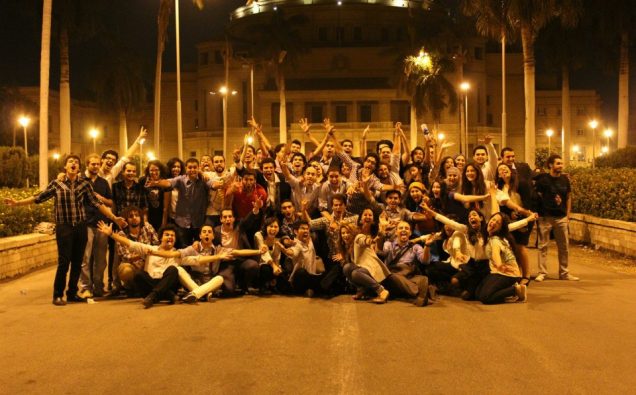
The Global Shapers Annual Survey 2016 has revealed a mix of hopes and concerns among young people – with 70% believing the world offers them opportunities for growth and climate change, corruption and lack of accountability as big problems.
Half of the world’s youth feel they can actively contribute to decision-making in their countries.
Launched by the World Economic Forum, the second edition of the survey has at its core the Global Shapers Community, with more than 6,000 members in 171 countries and territories. Encouraged by their peers from the Shapers Community, more than 26,000 participants from 181 countries answered the survey in nine languages, the WEF said.
Across all regions, the survey finds, young people see corruption and a lack of government accountability as the most pressing problem in their countries. Other major concerns are lack of economic opportunity, deficits in the education system and poverty.
On a global level, for the second year in a row, millennials see climate change as the most serious issue affecting the world, followed by large-scale conflicts, religious conflicts and poverty.
Millennials across all regions are most frustrated about the level of corruption among government leaders (58%); 30% complain about bureaucracy and 29% about the lack of accountability. The lack of honesty and integrity is the fourth most chosen answer.
When asked about possible remedies for corruption and how to create transparency, millennials support more consistent penalties for poor governance by officials (44%), followed by a call for the independence of the courts (38%) and more regular and open dialogue with citizens (33%).
Overall, 50% of the survey’s participants believe that they can contribute to shaping decision-making in their countries. Only in Europe is that number markedly lower, where a sceptic 44% believes they have very little influence on their countries’ decision-making.
The young people exude confidence in their prowess and abilities when asked who could successfully tackle these challenges in their countries on the global level. In answering the question, millennials trust themselves most with solving local challenges (26%), followed by governments (20%) and civil society (17%). For global challenges, young people trust international organizations (26%) and, again, themselves (20%).
An upbeat in terms of globalization and affinity among diverse groups, young people in the 18-35 age group define themselves most often as global citizens (36%).
Another 22% see their nationality as the defining character, and 9% define themselves most strongly through their religious beliefs.
Among the youngest demographic of 18-22 year olds, nationality is the dominant self-identify, with global citizens a close second. A closer look at the regional responses reveals that religion plays a more prominent role for young people’s identity in the Middle East and South Asia, whereas every second respondent from East Asia and the Pacific region identify themselves through nationality.
As for inclusiveness, on average, the survey results suggest that the 18-35 age group have progressive values. However, there are some areas where the demographic is taking a more traditional approach.
For example, more than half of all respondents are very comfortable with a woman leader – whether as direct manager, CEO of their company or president of their country – the answer choice that displays absolutely no discomfort with women leaders. On the other hand, a significant proportion of almost 50% show some discomfort.
On the question of refugees there is a more unified global response: 67% describe their feelings towards refugees as empathy. At opposite ends of the spectrum, 10% see refugees as a gift to their nations (17% in the US) or a threat; 73% would welcome refugees to their countries; 22% would go so far as to accept refugees into their homes.











